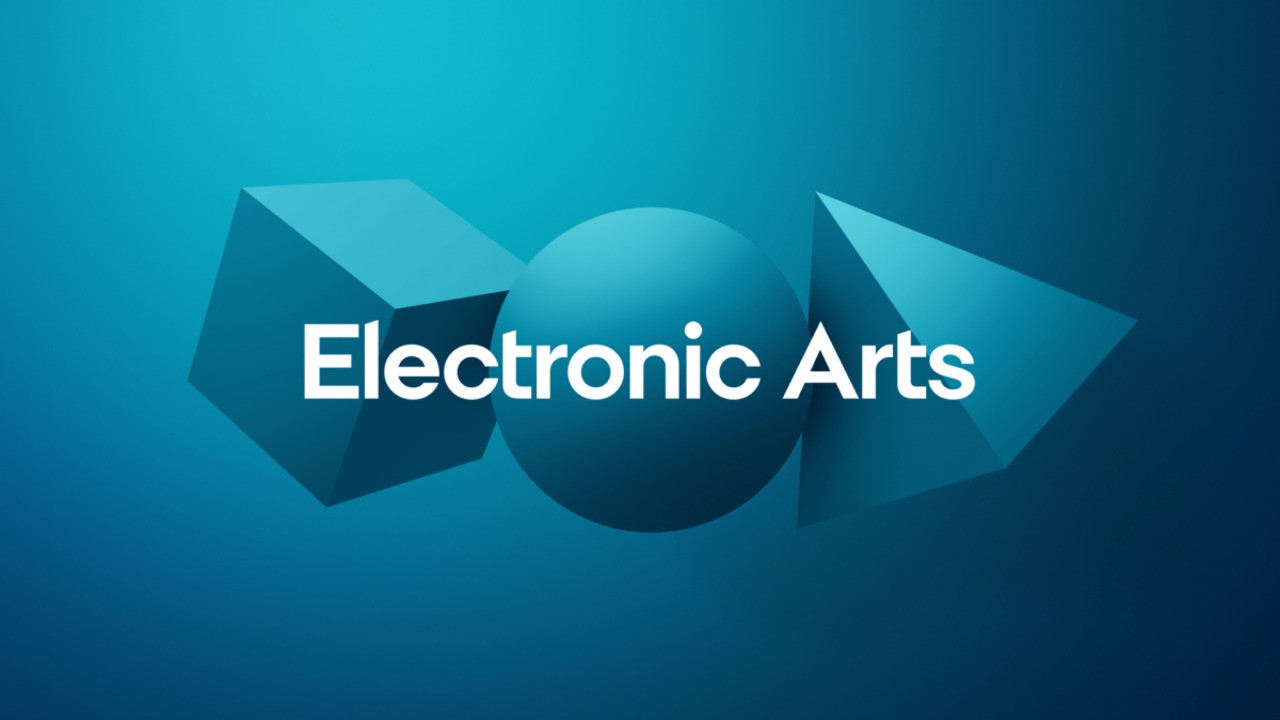Electronic Arts (EA), one of the most iconic names in gaming, has officially agreed to be acquired by a consortium led by Saudi Arabia’s Public Investment Fund (PIF), Silver Lake, and Affinity Partners in a record-breaking $55 billion all-cash deal. The transaction, which values EA at $210 per share—a 25% premium over its unaffected stock price—marks the largest all-cash sponsor take-private investment in history.
For many, this announcement feels like a seismic shift in the gaming industry. But for those who have followed EA closely, it’s less of a surprise and more of a long-anticipated outcome. EA has been signaling for years that it was open to being acquired or merging with another major player.
This deal is the culmination of that strategy.
- Valuation: $55 billion enterprise value
- Purchase Price: $210 per share in cash (25% premium)
- Consortium: PIF (rolling over its existing 9.9% stake), Silver Lake, and Affinity Partners
- Financing: $36 billion in equity from the consortium, $20 billion in debt financing led by JPMorgan
- Leadership: EA will remain headquartered in Redwood City, California, with Andrew Wilson continuing as CEO
- Closing Timeline: Expected in Q1 FY27, pending regulatory and shareholder approval
The consortium brings together deep pockets and global reach. PIF has been aggressively investing in gaming and esports as part of Saudi Arabia’s Vision 2030 diversification strategy. Silver Lake has a long track record of backing technology and entertainment giants. Affinity Partners, led by Jared Kushner, adds another layer of capital and political connectivity.
This deal didn’t come out of nowhere. For years, EA has been quietly (and sometimes not so quietly) positioning itself as a company open to consolidation.
- 2022 Rumors: Reports surfaced that EA had explored potential mergers with NBCUniversal and even held talks with Disney, Apple, and Amazon. While none of those deals materialized, they signaled EA’s willingness to consider a future under a larger umbrella.
- Industry Consolidation Pressure: The gaming industry has been in a wave of mega-deals—Microsoft’s $69 billion acquisition of Activision Blizzard, Take-Two’s purchase of Zynga, and Sony’s acquisitions of Bungie and other studios. EA, despite its size, risked being left behind if it didn’t find a strategic partner.
- Andrew Wilson’s Vision: EA’s CEO has long emphasized that the company’s future lies in blending gaming with broader entertainment and sports ecosystems. To achieve that scale, EA needed either to acquire aggressively or be acquired by a partner with deeper resources.
In short, EA has been preparing for this moment for years. The company’s public openness to mergers was less about desperation and more about strategic foresight.
Why This Deal Matters
- Scale and Capital: With $55 billion behind it, EA can accelerate investment in new technologies like cloud gaming, AI-driven content, and immersive sports experiences.
- Global Reach: PIF’s influence in esports and Silver Lake’s tech portfolio open doors for EA to expand beyond traditional gaming markets.
- Stability for IP: EA’s franchises—FIFA/EA Sports FC, Madden NFL, Apex Legends, Battlefield, The Sims, Dragon Age—are cultural touchstones. This deal ensures they’ll be backed by long-term capital rather than short-term market pressures.
- Industry Signal: This acquisition underscores that gaming is no longer just “entertainment”—it’s a pillar of global media and technology strategy.
The Backstory: EA’s Identity Crisis
For decades, EA has been both admired and criticized. It built some of the most successful franchises in gaming history but also faced backlash for aggressive monetization, rushed releases, and corporate culture. By the late 2010s, EA was in a paradoxical position: too big to be nimble, but not big enough to compete with tech giants entering gaming.
That’s why EA began floating the idea of a merger or acquisition. It wasn’t about survival—it was about relevance in a rapidly consolidating industry. The company recognized that the future of gaming would be shaped by ecosystems, not just individual publishers.
What Comes Next
If the deal closes as expected, EA will become a private company, free from the quarterly scrutiny of Wall Street. That could give Andrew Wilson and his team the breathing room to take bigger creative risks.
But it also raises questions:
- How will PIF’s growing influence in global gaming reshape the industry?
- Will EA’s culture and creative independence survive under new ownership?
- Could this trigger another wave of acquisitions, with companies like Ubisoft or Square Enix next in line?
EA’s $55 billion acquisition is not just a business transaction—it’s the culmination of a decade-long narrative. For years, EA has been signaling that it wanted to be part of something bigger. Now, it has found its partners.
This deal cements EA’s place in the next era of gaming, where the lines between sports, entertainment, and interactive media blur into one. Whether fans cheer or groan, one thing is certain: the EA that emerges from this acquisition will not be the same company that once proudly stood as the world’s largest independent publisher.

